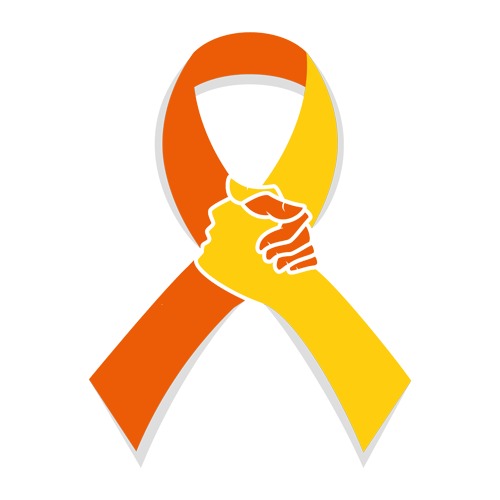This blog is quite a factual type as I feel its important to understand the facts and where to find help. Suicide is a sensitive and raw issue for many, its not something we want to face up to but is a growing concern. September 10th is about raising awareness and working together to lower the risk as we know that suicide is preventable, it’s not inevitable.
One in every 100 deaths worldwide is the result of suicide. The latest suicides statistics showed that in 2018, in the UK and Republic of Ireland, more than 6,800 people died by suicide. Every life lost to suicide is a tragedy, and leaves devastation behind it. In the UK, men are three times as likely to die by suicide than women. There has been a reduction in the numbers over the last ten years, but the numbers are still worryingly high.
By raising awareness, reducing the stigma around suicide, we can reduce instances of suicide. World Suicide Prevention Day aims to start the conversation about suicide and to show that recovery is possible – so lets start that conversation TODAY
So why do people have suicidal thoughts?
There is no easy answer to this. What we do know is that there are certain factors and life events that may make someone more vulnerable to suicide and mental health conditions such as anxiety and depression can also be a contributing factor. Many symptoms like feeling trapped, or that you’re a burden to others, and we can understand the loneliness of COVID isolation has impacted too.
Factor may include
o loss, including loss of a friend or a family member through bereavement
o relationship and family problems
o housing problems
o financial worries
o job-related stress
o college or study-related pressures
o bullying, abuse or neglect
o loneliness and isolation
o depression
o painful and/or disabling physical illness
o heavy use of or dependency on alcohol or other drugs
Lets all play a role, no matter how small, a small act of kindness may make the difference between hope and no hope. We can all do something to live in a world where suicide is recognised, and we can all do something to help prevent it. Giving somebody your time and somebody to talk to can have huge benefits. Don’t go into heavy conversations, general chit chat is all that’s required, and can help save lives.
Good research evidence shows that people who feel desolate and hopeless are helped not to attempt suicide by someone showing interest, often referred to as ‘one act of kindness’. Please don’t put off until tomorrow the kindness you can show today. It may just be the kindness that saves a life.
Tips for coping right now
• try not to think about the future – just focus on getting through today
• stay away from drugs and alcohol
• get yourself to a safe place, like a friend’s house
• be around other people
• do something you usually enjoy, such as spending time with a pet
Signs to look out for
• Feeling restless and agitated
• Feeling angry and aggressive
• Feeling tearful
• Being tired or lacking in energy
• Not wanting to talk to or be with people
• Not wanting to do things they usually enjoy
• Using alcohol or drugs to cope with feelings
• Finding it hard to cope with everyday things
• Not replying to messages or being distant
• Talking about feeling hopeless, helpless or worthless
• Talking about feeling trapped by life circumstances they can’t see a way out of, or feeling unable to escape their thoughts
• A change in routine, such as sleeping or eating more or less than normal
• Engaging in risk-taking behaviour, like gambling or violence
How can hypnotherapy help?…find out here;
https://www.hypnotherapy-directory.org.uk/memberarticles/can-hypnosis-banish-suicidal-thoughts
HELP IS THERE:
If you have seriously harmed yourself – or you feel that you may be about to harm yourself, call 999 for an ambulance or go straight to A&E.
The Samaritans offer an free, confidential, and non-judgemental service via telephone on 116 123
Crisis Centres & Helplines – IASP https://findahelpline.com/i/iasp
Campaign Against Living Miserably (CALM)
Call 0800 58 58 58 – 5pm to midnight every day
or Visit the webchat page https://www.thecalmzone.net/help/get-help/
Childline – for children and young people under 19
Call 0800 1111 – the number will not show up on your phone bill
SOS Silence of Suicide – for everyone
Call 0300 1020 505 – 4pm to midnight every day
Email support@sossilenceofsuicide.org
Information facts taken from: NHS, Samaritans, IASP, CALM, save.org, SOS


